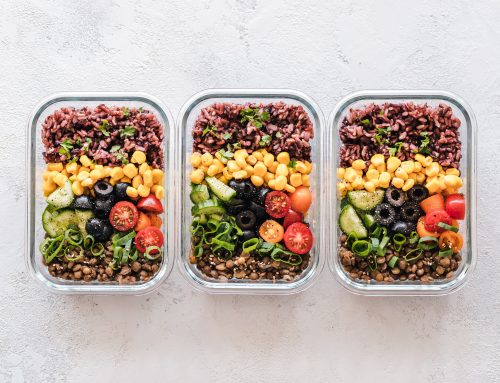There is emerging evidence that gut bacteria significantly influences human health and disease, with recent studies linking disruptions in normal balance of gut bacteria (known as gut microbiota) with diseases such as obesity, malnutrition, inflammatory bowel disease, neurological disorders, allergic diseases including asthma, food allergy, eczema, and cancers. In fact, you may hear our gut bacteria now being referred to as “the forgotten organ”!
So how can we optimise the health of our gut bacteria (just as we optimise the health of our heart)? It’s as simple as these three steps:
1) Include foods containing Probiotics (healthy bacteria) in your daily diet to help balance out the healthy bacteria in your gut. We all know yoghurt is a good source of probiotics (especially natural pot set yoghurt such as Jalna), but if you are not a yoghurt eater, other foods containing probiotics include: kefir (a fermented milk drink), Yakult TM, kombucha (a fermented tea), kimchi (a Korean spicy fermented cabbage), sauerkraut (fermented cabbage common in German diet), miso (fermented soya-bean paste that may contain rye or other grains), tempeh, sourdough, raw apple cider vinegar (will appear cloudy), natto (fermented soya-bean).
2) Eat lots of Prebiotic food. Prebiotics = Fibre, which stimulates the growth and activity of beneficial bacteria in your gut (i.e. fibre is food for your gut bacteria). To eat more fibre, simply eat more from fresh vegetables, fruit, nuts, seeds, legumes and wholegrain breads & cereals.
3) Cut out (or significantly reduce) refined breads and cereals, and avoid sugar and processed foods.
So although the evidence about benefits of gut bacteria is new, the nutrition message is still the same, eat more veggies and fruit, and cut out the crap!






